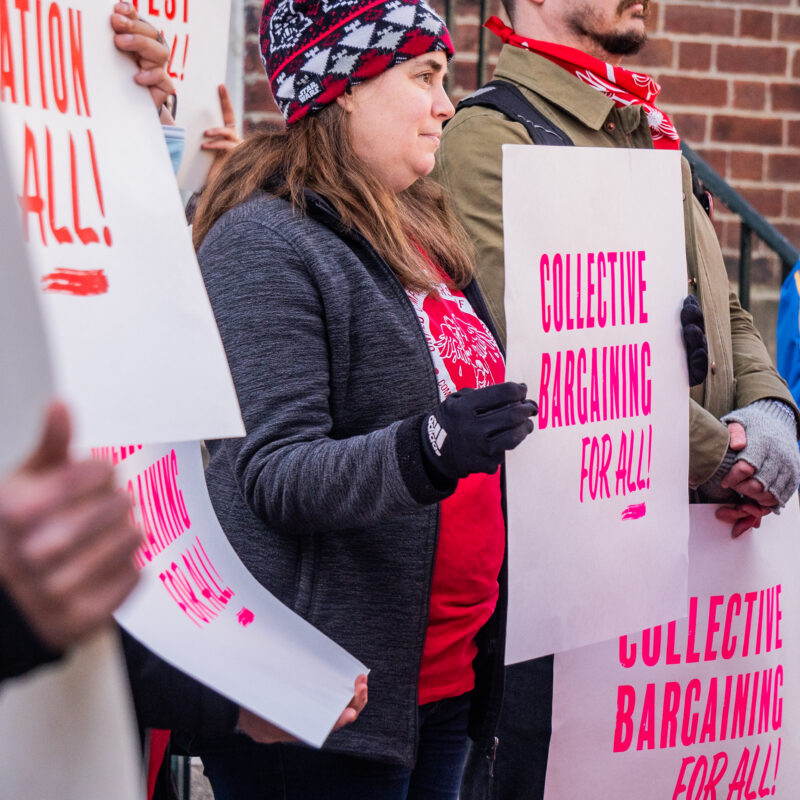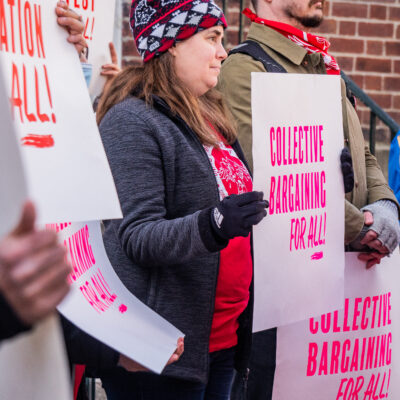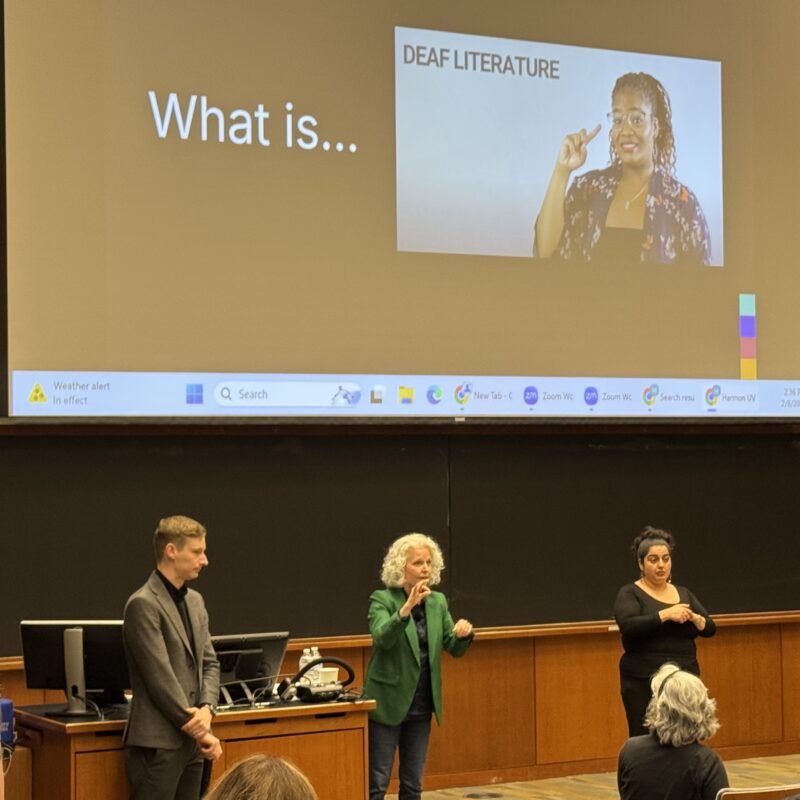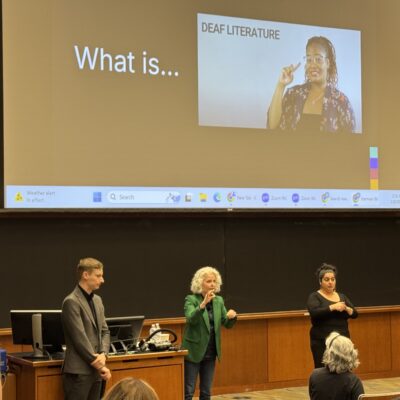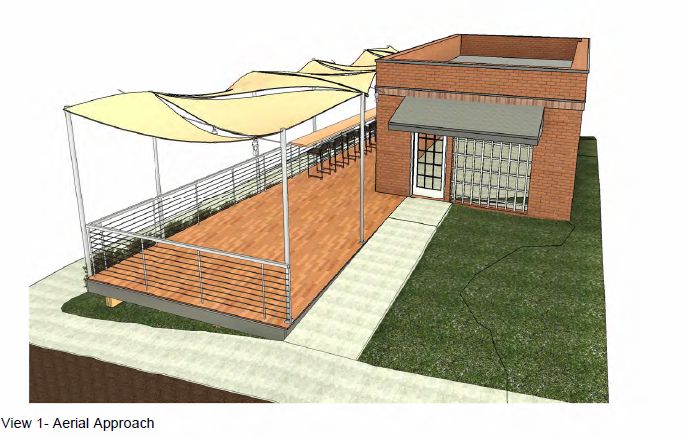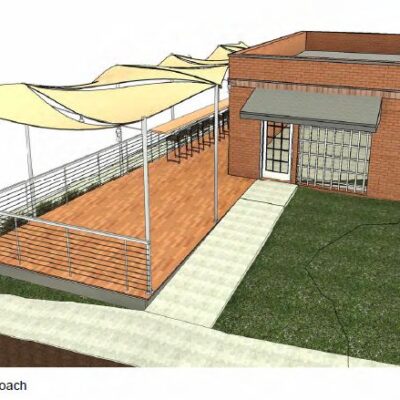“I swear I can’t remember how we got the [hotel] room,” says Paul M. Gaston. “But I do remember that the black help was absolutely thrilled that Dr. Martin Luther King, Jr. was there.”
 Martin Luther King, Jr.’s 1963 visit to Charlottesville came only months before civil disobedience led to desegregation of many local businesses. |
Gaston is an emeritus professor of history at UVA. King was brought here by the student chapter of the Virginia Council on Human Relations. Gaston was the advisor to the group and helped coordinate King’s visit when he came to Charlottesville to speak at the University in March 1963. Finding lodging for King shouldn’t have been an easy task—despite forced school integration in 1959 (which only happened after schools shut down for a year rather than integrate), the city’s restaurants and hotels were still mostly segregated.
The lodging they found for King was at the Gallery Court Motel, now the Budget Inn at 140 Emmet St., a white-owned hotel. “The management seemed honored to have such a distinguished guest,” says Gaston.
King spoke in Old Cabell Hall auditorium to roughly 900 students and community members and faculty—a crowd, but not quite capacity. “Afterwards, we went over to Newcomb Hall and had a little reception, sang freedom songs—I think that’s the first time anybody’d ever done such a thing in Newcomb Hall.”
“Nobody was rude to Dr. King, but most of the students who were there came out of interest—‘Who is this guy?’” Years later, one of those students told Gaston he hid behind a column to keep his brothers from spying him and possibly kicking him out of the frat.
“The number of students who were inclined to make the University racially progressive and less oppressive was very small,” Gaston says. The student group had to negotiate with the UVA administration, which was afraid of a “disturbance.” At the University’s suggestion, the sponsors decided to issue tickets, which were free, but which created enough red tape to limit the members from the local black community who showed up, says Gaston, though plenty of them still showed up.
That night, King, Gaston and others dined at Bren-wana, a black-owned restaurant and nightclub where Gaston and Co. held NAACP meetings. Only a few months later, there would be other options—Gaston was beaten up as part of a sit-in at Buddy’s Restaurant, an action that led to integration in several restaurants and movie theaters.
Gaston was kind enough to read passages to me from his yet-to-be-published autobiography. Perhaps the most memorable moment of King’s visit came while King, Gaston, Gaston’s wife Mary, and Wes Harris, an engineering graduate student, were taking a walk around Grounds. “We were startled by a sharp report. I was sure it was a car backfire. Wes was not. He pinned King to the wall,” writes Gaston. “Wes knew, as a black man, he couldn’t make that assumption.”
When they returned to the motel, King said he knew he was going to be shot one of these days, recalls Gaston. “It was spooky sitting there being told that by a man a year younger than I was,” Gaston says. “And, of course, he was.”
C-VILLE welcomes news tips from readers. Send them to news@c-ville.com.
